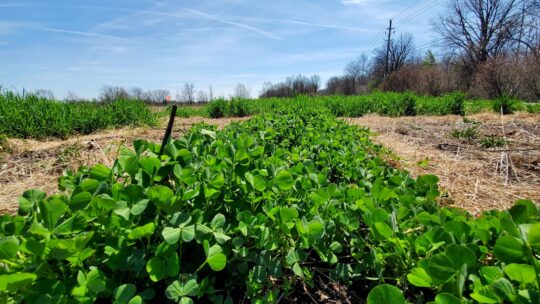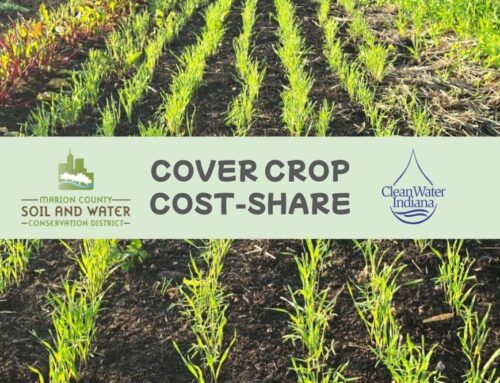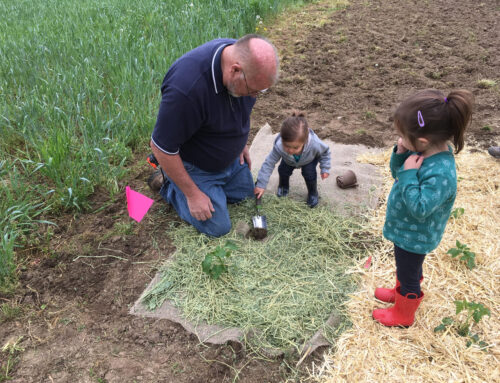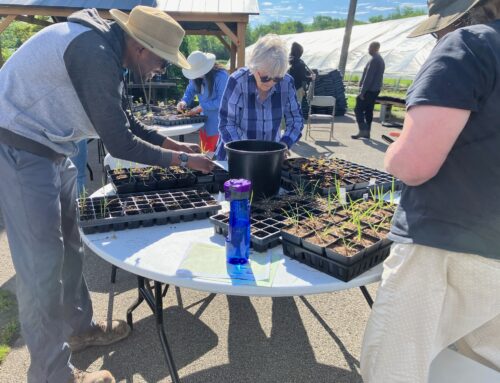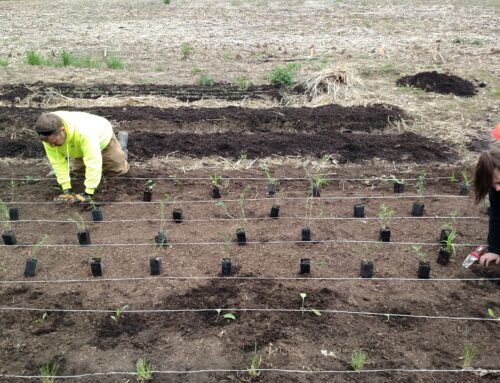World Soil Day, celebrated annually on Dec. 5, chose “Soil, Where Food Begins” as this year’s theme.
Soil is a precious resource, and it will take a team effort to ensure it is protected and viable for years to come. Indiana farmers are already at the forefront of these efforts. They are some of the nation’s leading adopters of cover crops, no-till farming, and other soil health practices that are unlocking the secrets of the soil. We must continue to build on these successes on farms of all sizes.
Over the last few years, multiple global events have laid bare the struggle with food insecurity many face worldwide and in our own Indiana communities. The typical farms throughout Indiana have been playing a leadership role in addressing this issue for years, with over 1.5 million acres of cropland managed in soil health management systems annually to produce our corn and soybean crops. Small-scale and urban farms also play a role in directly feeding their communities. Regardless of the size of farm, or the crops that are grown, reliance on healthy soil and the importance of soil health practices can help any farmer be successful.
USDA’s Natural Resources Conservation Service (NRCS) and Indiana’s local Soil and Water Conservation Districts are committed to working with farms of all sizes to help build their soil health and implement soil health practices. Here are a few steps you can take to help ensure you are building a resilient soil health system that will help your farm:
- Plant cover crops in between cash crop growing seasons. Keeping living roots in your soil year-round feeds the microscopic world that creates a living soil. Cover crops can also help to cycle nutrients back into your soil. Keeping your fields covered in fallow seasons can also reduce erosion, keeping your valuable soil resources on your field.
- Reduce tillage. Even if you are not ready to fully commit to no-till farming, reducing tillage can have drastic positive impacts on your soil by increasing drainage potential, reducing compaction, and keeping the soil profile intact. It can also save you money on fuel by limiting the passes you make in the field.
- Rotate your crops. Crop rotation is a key factor in breaking the disease and pest cycle in your fields. It can also help to improve the level of nutrients in your field by varying which nutrient the crop is dependent on each season and provide more diversity on your farm.
NRCS has financial assistance available to help farmers implement soil health practices, including cover crops, no-till, and crop rotations. NRCS and the Marion County SWCD offer free technical assistance to help farmers learn more about soil health. Farmers interested in implementing any of these practices, or learning more about starting a soil health journey, can contact Marion County’s NRCS District Conservationist, Jerod Chew, or SWCD Soil Health Specialist, Kevin Allison.


